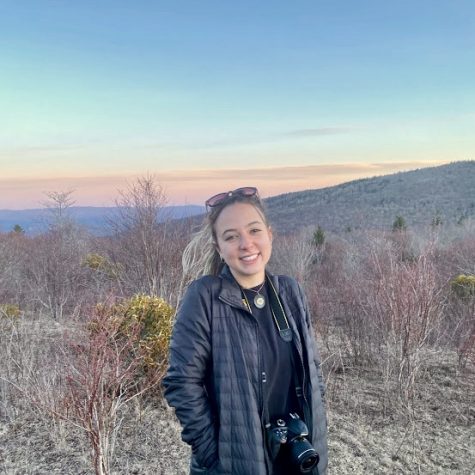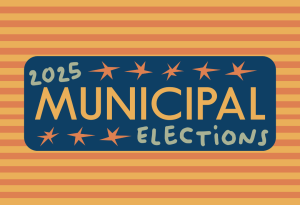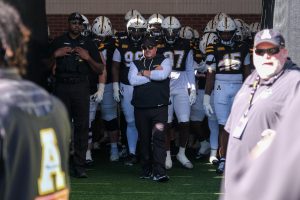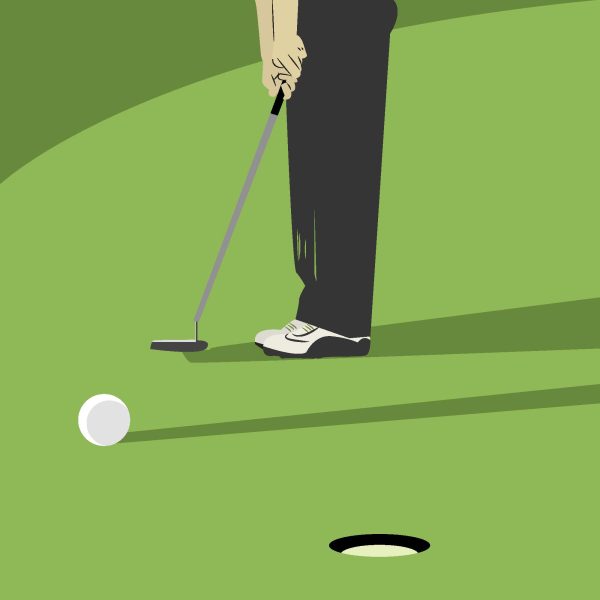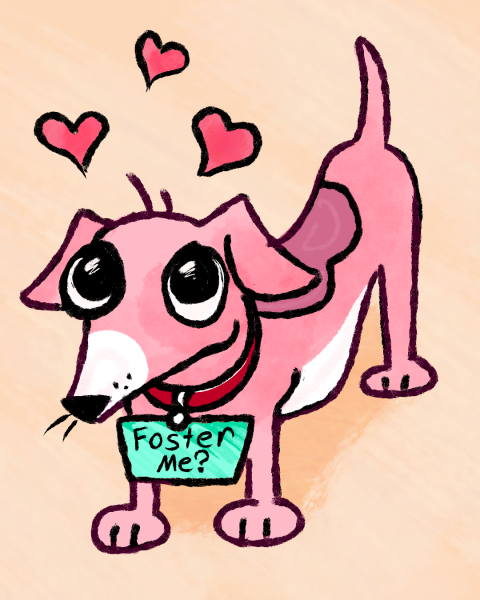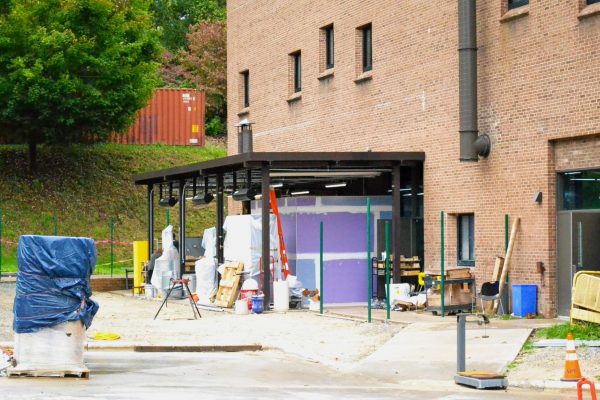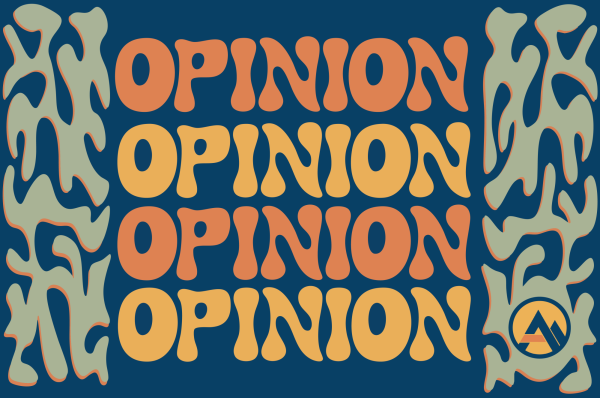Wellness and Prevention services presents Y(Our) Story to discuss mental health through fine arts
February 21, 2019
Students are sharing their personal stories about mental health with you during Y(Our) Story.
Y(Our) Story will take place on Feb. 27 at 8 p.m. in the Blue Ridge Ballroom as part of semicolon week.
Roy Dale Cox and Hannah Magee are in charge of directing, producing and casting.
The play is a collection of anonymous short stories by students and people in the community, which are turned into different art forms, theatre and dance studies double major Magee said. Those different art forms include monologues, dances and art pieces.
Magee said this play is unique because it is straight from the community.
“Y(Our) Story is about giving those who may deal with mental health issues a platform to release, and tell their story,” said Cox, senior theatre and political science major. “It allows those stories to come to the forefront without those individuals having to do it themselves.”
Cox said the play allows people to see others’ stories and sympathize with them.
“Gender and race and sexuality are not even a factor in any of it because these stories are anonymous,” Magee said. “We casted blindly. It doesn’t matter what story is being told because I think everybody can relate to a little piece of everybody’s story.”
Magee said it was difficult to decide which stories would be performed and who would perform them.
“Everybody’s story is important,” Magee said. “It was difficult determining which ones would fit in within this mold.”
Magee said students should see this play because it will change their perceptions of mental health.
“People all around you, no matter who they are, where they come from, what they look like, they’re going through the same things you are or have the same story that you do,” Magee said.
Magee said people will relate to this play and she hopes they will talk more about mental health.
Magee said college is scary for a lot of people, which is often overlooked.
“I think everybody, in some form or fashion, is dealing with something they don’t want to broadcast. And I think everybody has this front,” Magee said. “This show really shows that it’s OK. There are so many resources out there. There are so many people you can talk to.”
Cox and Magee are working alongside Wellness and Prevention Services for Y(Our) Story with adviser Elisabeth Cavallaro, coordinator for student mental wellness in Wellness and Prevention Services.
“As the adviser, I am here to make sure that the event aligns with the goals that we set at the beginning,” Cavallaro said. “That it does more than just raise awareness, but also helps to spread messages of hope and reliciency.”
Cavallaro said she wants the play to improve rather than harm students.
This is the third year the play has been performed at App State, though it used to be called Mental Health Monologues, Cox said.
Cavallaro said in its first year, the play consisted of volunteers reading submitted stories on a stage. The next year, Cavallaro said Cox joined the team and brought a theatrical spin to the production.
Cox and Magee revamped the play this year by adding new forms of visual art.
“I am involved in both theater and dance, and I think the most important thing for me is that we can reach as many people as possible,” Magee said. “And I think by having different ways to display these stories shows different ways it can connect to different people.”
Cox said Y(Our) Story is significant to him because mental health issues were often neglected in his home, where his family chose to pray about issues rather than spend money for extra help.
“It’s been very therapeutic in a way,” Cox said. “I’ve been able to live through those people and those stories. It’s been a form of healing for me.”
The play teaches people to look for warning signs of potential mental health problems in all people and how to get help.
“These people that deal with this, we paint that picture of someone who may not look like us,” Cox said. “And when you see the show you’re going to see people who look like you.”
Cox said this play reaffirms community.
“Not only are students at App dealing with this. On a global scale, this isn’t just at App. This is everywhere,” Cox said. “And together we can all come together, and we can all just be.”

